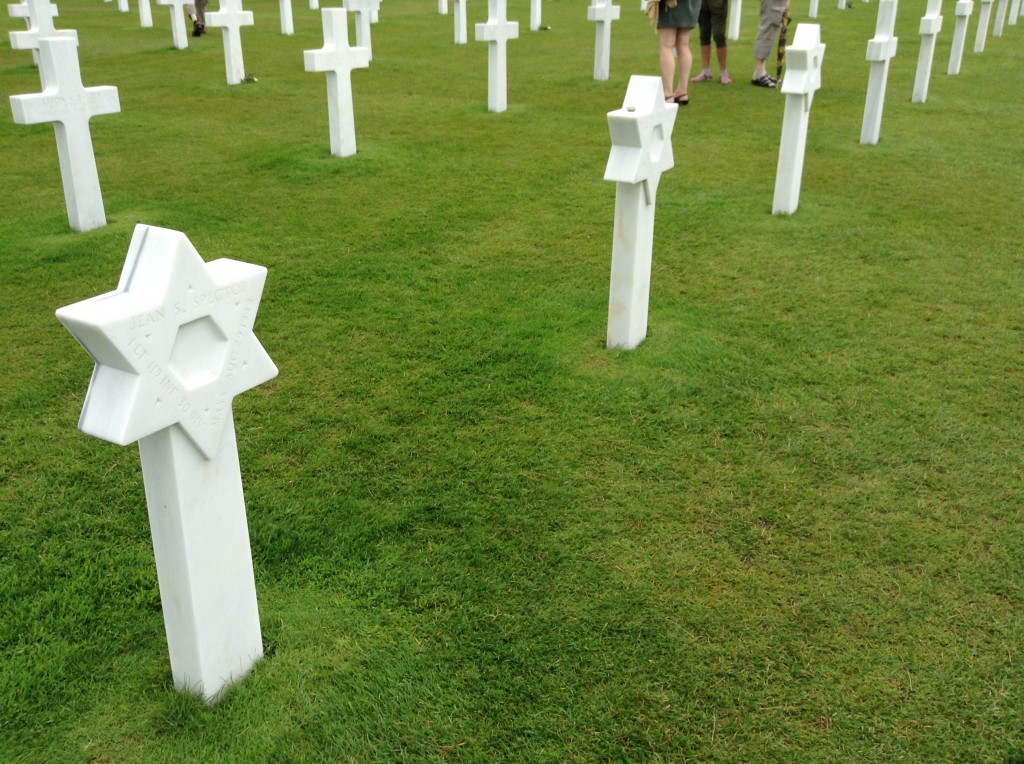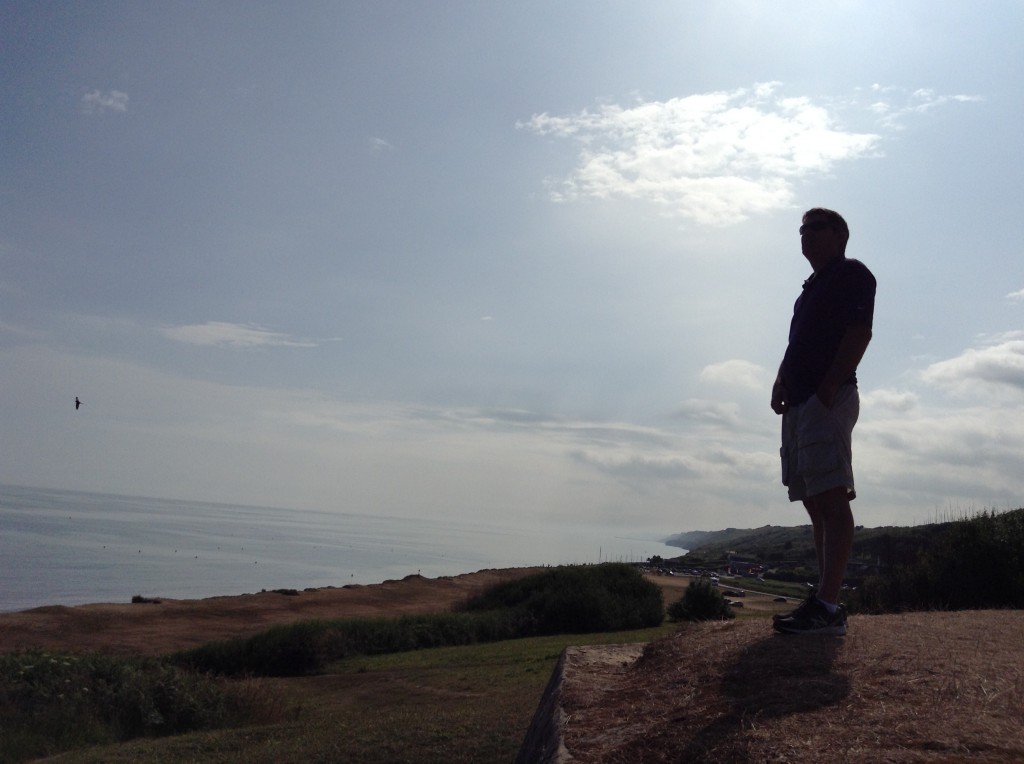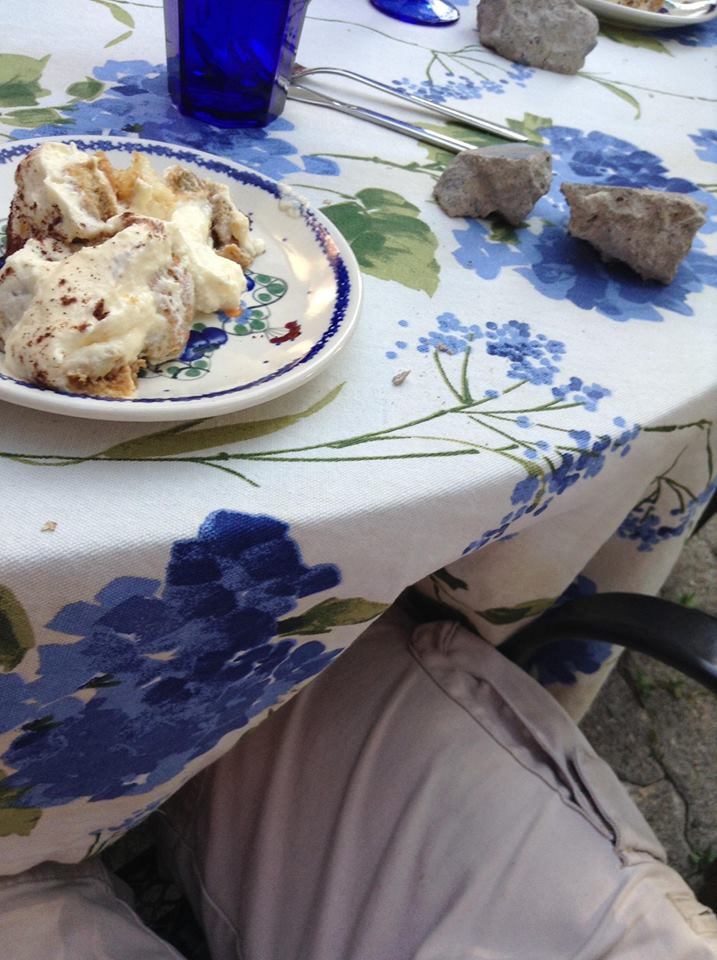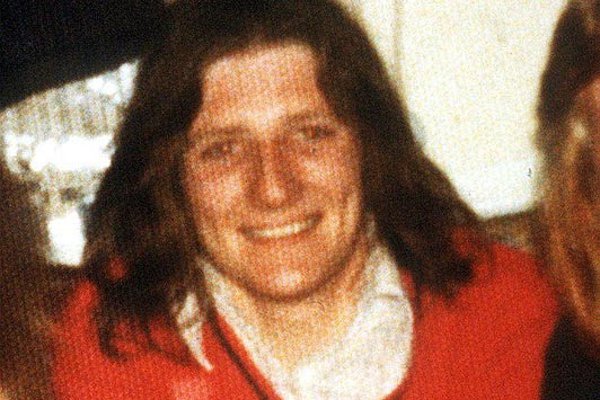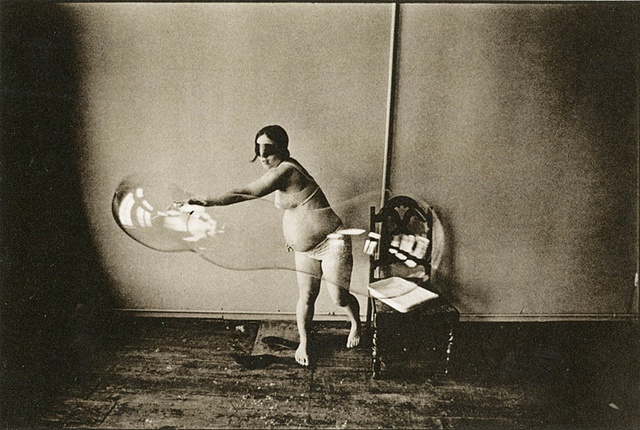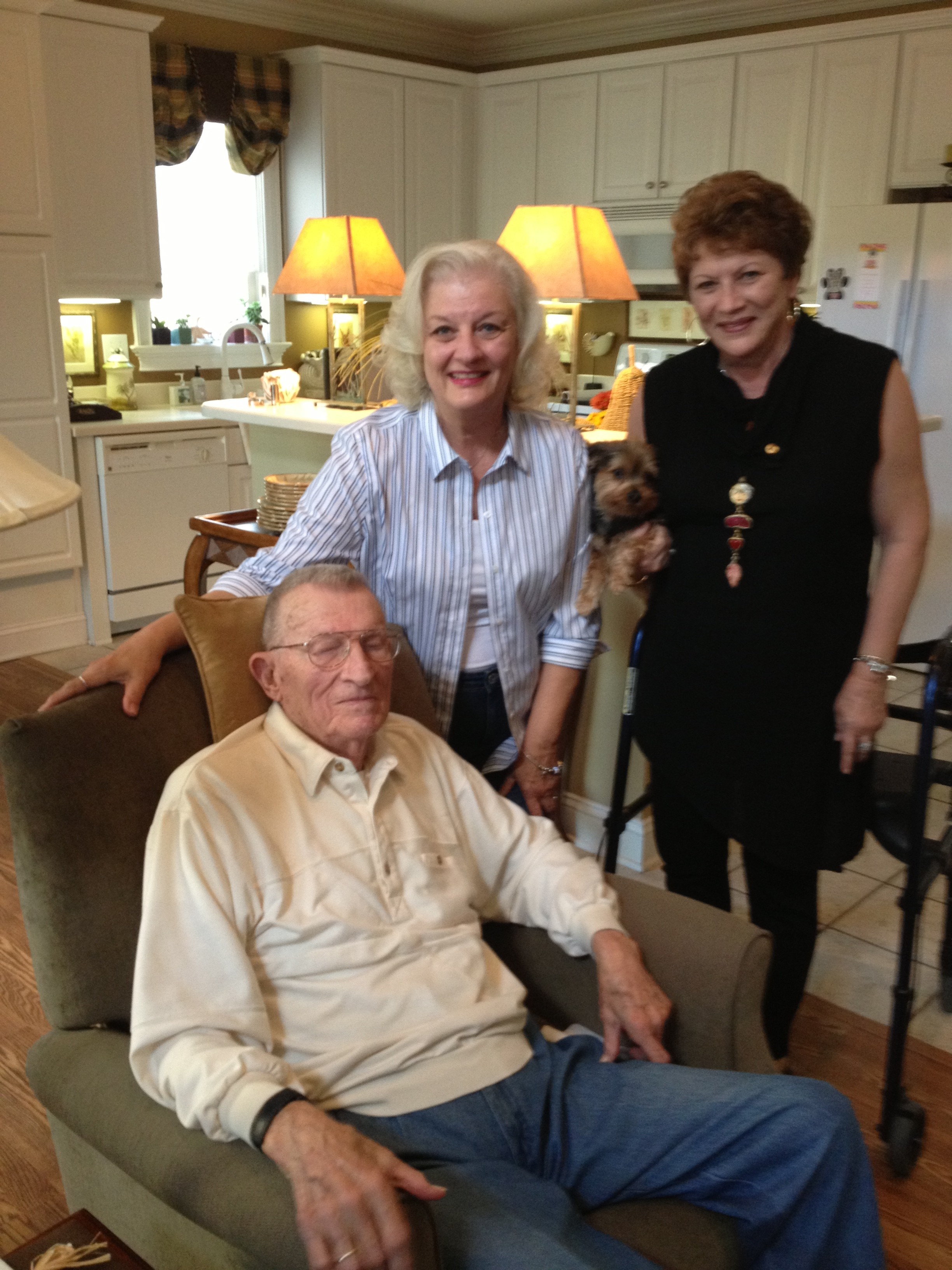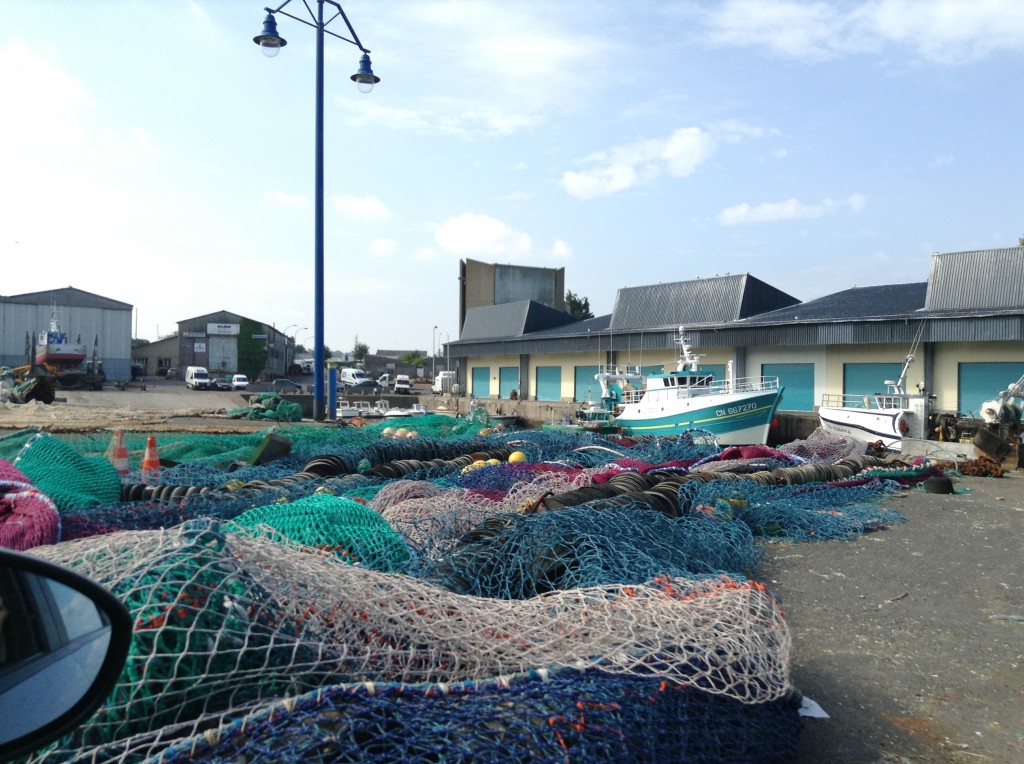One of the things that surprised me the most about the trip to Normandy was the number of Germans paying tribute at the American war memorials at Omaha Beach and the American Cemetery.
I’ve spent a lot of time thinking about the stories of war we tell, and the mythology of war we cling to.
What do the Germans tell their children when they visit these memorials dedicated to American troops?
When those old enough to remember the fathers and grandfathers who aligned themselves with Hitler stand on the bunkers at Omaha Beach, do they feel a sense of pride in the 31 Nazi soldiers who were able to kill off 627 Americans before being killed or chased off themselves?
They say the stories of war belong to the victors. So who does the story of Omaha Beach belong to? These were the matters we discussed over yet another engaging dinner at The Art Factory. Thoughtful dialogue is encouraged by hosts Rick and Mary Beth Holladay.
After presenting Tim with a chunk of the Berlin Wall along with a plate of Mary Beth’s tasty tiramisu, Rick explained how the collapse of the Iron Curtain changed the course of his family’s life. He wanted to be part of history in the making, so he and Mary Beth left their posts at Cornell and eventually ended up serving in missions in Lithuania for many years before coming to Kandern, Germany and founding The Art Factory.
Here at The Art Factory guests are encouraged to discuss history and politics and religion, the way these things are meant to be discussed, among friends, new and old, over a glass of wine and a good meal.
There’s a civility in talking about sensitive subjects in person that is often lost, or recklessly abandoned online. But then again, there are no advertisers or sponsors driving such conversations, either. Just people talking, trying to understand one another, exchanging personal histories and learning from each other in order to live more humanely.
More consciously aware of the other person.
One of the guests who joined us for dinner tonight is a native German. She had extended family members who ascribed to Lidendorf — the Hitler way. Family members who sent their children to Hitler’s youth camps.
But she knew none of that herself growing up. Her own parents, she said, were part of the Flower generation. The Student Revolution.
Germans, she said, have been very honest about their own history. Sure, there are those, even to this day, who deny that Jews were killed but they dare not speak such things aloud for the scorn and rejection that they will receive from other Germans. But then, we have those folks living among us in the US, too.
Growing up, she said, teachers insisted that students learn of their country’s role in World War II. The point wasn’t to shame anyone, but rather to teach truth.
I can’t imagine that many American students are learning of our nation’s role in the Killing Fields of Cambodia. Shoot, how many of us who grew up during the Flower generation were taught anything about Lt. Calley and the murders at My Lai?
Germans take their children to the memorial sites at the concentration camps, and teach them of the horrors that took place there, at the hands of their own people.
I’m not German, but having grown up in the South during segregation, I know something about growing up in a country that is so wonderful in so many ways but, yet, has such a dark past to account for.
I applaud the Germans for their willingness to be honest in their recounting of that history.
As someone who has spent a great deal of time trying to reconcile my own family’s history with Vietnam, it seems that we Americans do our best to avoid such accountability when it comes the wars we’ve waged, and the atrocities we’ve inflicted on others.
What say you?

